By: Moehammad Amar Ma’ruf, A Career Diplomat of the Ministry of Foreign Affairs of the Republic of Indonesia
Talking loosely about the term migration can mean we are talking about the journey of mankind since the Prophet Adam was sent down to earth. In the past, we tried to understand that Adam and Eve were sent down to earth in different areas, the two of them had to move and walk from the place where they were first sent down, until the two of them were reunited as one family somewhere.
The migration process by the two ended with a meeting which is reported to have taken place at Jabal Rahmah in Padang Arafah. Until Adam and Eve then had a number of descendants, including Qabil and Habil. Both descendants are described as having different characters. The descendants of Adam and Eve spread all over the world.
In the context of the migration mentioned above, there is a noble message and mission, so that the human journey on earth is to act as Manager of the Earth (Khalifah fil Ardhi)
Also Read: The Forty-Four-Days of Glory: Azerbaijan’s Struggle for Justice and Peace
The dynamics of migration at that time can be said to have a connection with the current migration which mostly occurred because it was driven by a condition that was not ideal faced by humans. Humans basically need a place to settle down in which there is an element of comfort that they try to maintain throughout their lives. However, due to limitations and under certain conditions, migration must be carried out.
If we look at the character of migration at that time and now, there is one fundamental factor that humans or other living things strive for as the perpetrators of the migration itself. That factor is the comfort factor in which there is already a safety factor. Basically this factor is an essential part of the needs of a human being.
The comfortable conditions that were originally felt and owned, must now be released as a result of coercion or punishment or certain conditions, both natural (weather/climate) and other non-natural ones. So they have to look for comfort outside their home area in an area which of course the area was not known before. Efforts to obtain this comfort factor must be fought for by the perpetrators of this migration (migrants).
It is as if the development of this migration will never disappear along with the initial period when the world was created. Why is that? Because the convenience factor is disturbed by an external non-natural condition which can be in the form of land grabbing due to oppression and war, territorial struggles so that the inhabitants of the region have to migrate to other areas.
Also Read: Palestine Solidarity Month: A Collective Movement for Al-Aqsa and Palestine’s Freedom
Another thing that can also lead to migration is the demand to get better economic resources due to conditions that are not ideal which can kill these human economic resources in the region of origin. This convenience is disrupted due to inequality in healthy competition so that some parties cannot develop.
Accelerating the emergence of the desire to migrate in a revolutionary manner is also a discovery or innovation in various fields, both related to the field of transportation and communication in accordance with the times.
When there was no industrial revolution or long ago when the continents were still united before the melting of the ice at the south and north poles, migration took place according to developments. Migration is carried out physically on foot or using domesticated riding animals to make the move. Now with the discovery of various information and transportation technology products, it is even more possible to encourage and encourage migrant activities to occur, especially for the purpose of finding new economic sources.
The development of an increasingly globalized world today is marked by increasingly blurred national boundaries and various interrelated social aspects that can affect the level and quality of comfort itself, such as rapid population growth and increasingly depleted natural and environmental resources. So the current migration problem is getting sharper and disturbing the sense of humanity and justice.
Also Read: Hassan al-Turabi: A Controversial Thinker from Sudan
Convenience, including the aspect of security, seems to be a luxury item and only belongs to certain groups and excludes other groups who were originally citizens or nations or herds who must equally be protected and maintained for their comfort/safety.
If we look at the history of migration in the colonial period, migration activities were born from a structured effort from a colonial policy product to transfer residents or residents to support programs and their interests such as forced planting or forced labor programs. This policy is also accompanied by efforts to distance residents/local residents from their own areas which are sources/barns of valuable natural resources, such as gold, spices and others.
Even deeper excesses from attempts at forced seizure or natural and non-natural disasters that have led to the evacuation of civilians from the area to other areas, all of which were against the will of the residents. This situation then gave rise to other social excesses.
The problem of migration is also increasingly global, apart from occurring between regions within the country, now migration is in contact with other countries which also have their own sovereignty. The country of origin of the migrant basically has an obligation to protect its citizens, but the country that receives or transits the migrants also pays attention to it according to humanitarian principles. This problem becomes an increasingly important issue when the conditions of a country are directly adjacent to or adjacent to it and the country becomes a target for expropriation or encroachment.
Also Read: Who Exactly is the RSF Group Shaking Sudan?
Cases like the above generally occur in the era before countries that were not yet independent or were being colonized. It is not impossible in this day and age if the leadership and people of a country are negligent while the supply of natural resources is very fertile and abundant, then under covert pretexts other parties try to seize its wealth by breaking up its unity so that large-scale expulsions and migrations of a population occur.
Since a decade, various cases of cross-border migration have continued to emerge and are increasingly becoming a common issue considering that factors that disturb comfort continue to occur, such as wars in the Middle East, in North Africa and Central Asia and most recently the case of the war in Russia and Ukraine along with the economic demands for migrants from their countries of origin.
The issue of migration is even more complex with the emergence of cases of illegal trafficking in persons or for certain purposes, such as the emergence of the term of unregistered with existing procedures on migration, which carries out certain activities in a foreign country illegally.
Based on the records of the world body that handles migration issues (International Organization for Migrants/IOM), there are around 272 million people who are classified as international migrants or around 3.5% of the world’s population. As much as 2/3 of this amount is caused by economic factors. And around 96.5% are local migrants.
Also Read: The Two-State Solution (Palestine–Israel) in Historical Perspective
From this figure, an assumption emerges that there are 1/3% of the 272 million who face threats to the comfort factor of life including their lives directly, while 2/3 of the 272 million may still not be guaranteed the comfort factor or even their safety considering that they could work without any protection for the migrant worker (work contract and conducive working atmosphere and others)
If we look at Indonesia, based on the national data center there are at least 2 million more Indonesian citizens who are migrant workers abroad. Considering this from the start, the Government of Indonesia has continuously paid attention to and improved the protection system for Indonesian citizens involved in this migration activity. A number of improvement and improvement programs to encourage efforts to expand employment opportunities in the country and increase the capacity of its citizens to become more independent through empowerment programs at the lowest level of government.
Migration issue management activities are also currently being carried out in collaboration with related stakeholders (professional organizations, non-governmental organizations) nationally and internationally to prepare for safe and orderly migration as well as for foreign nationals who are being stranded or were in the country when they were to be returned to the country of origin or sent to the receiving country after being verified by the relevant agency authorized for migrants for certain reasons.
Hopefully the migration that is expected to continue to occur safer and provide benefits for citizens and countries visited and countries of destination. (AK/RE1)
Also Read: Enchanted by K-Dramas, Dragged into Slander: Time for Muslims to Rise!
Mi’raj News Agency (MINA)






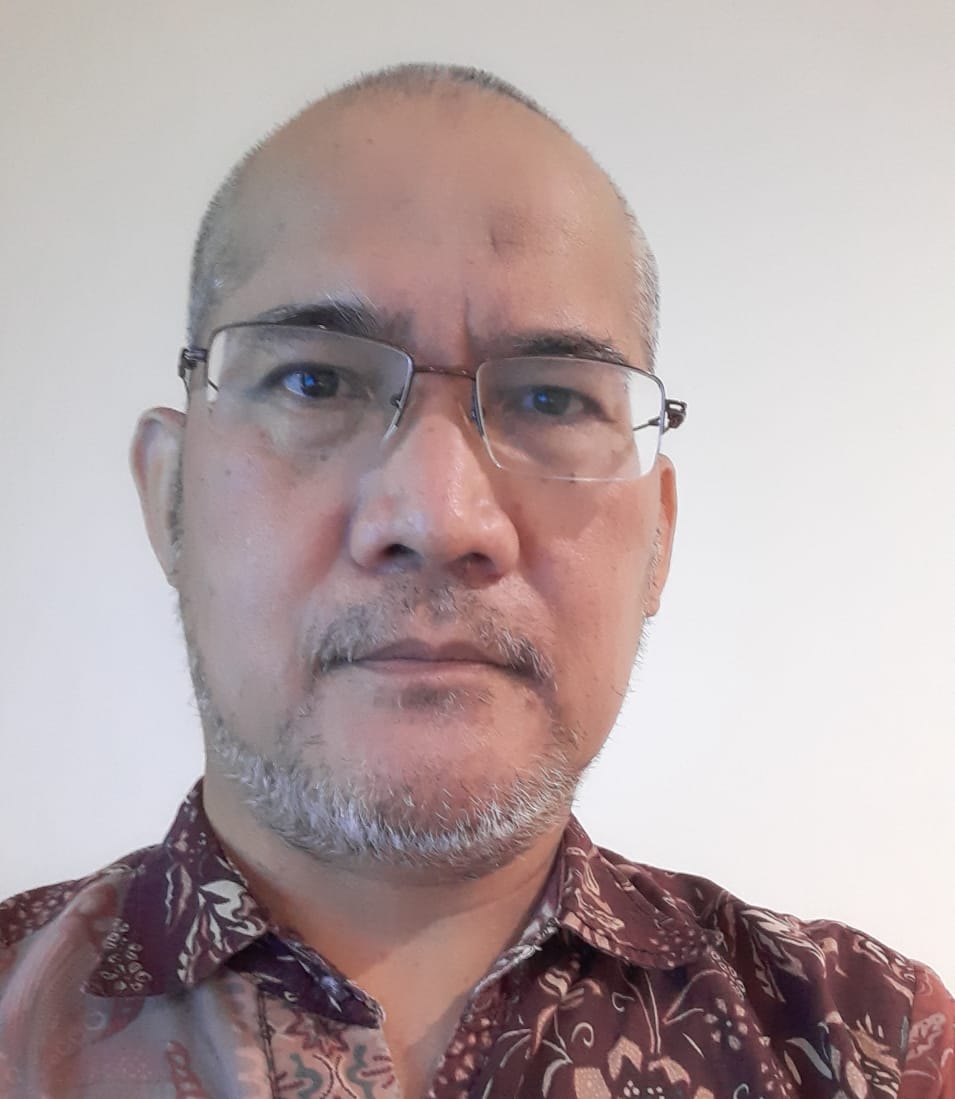

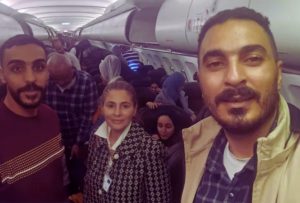

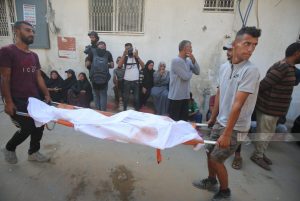
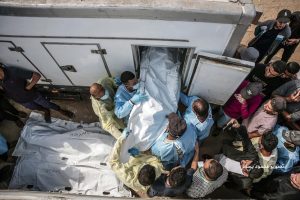
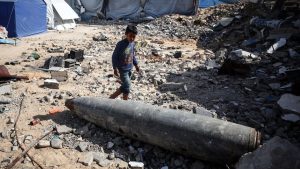
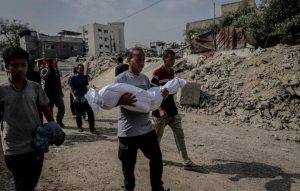


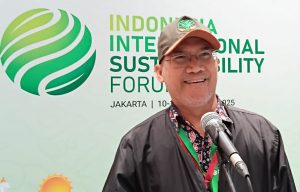

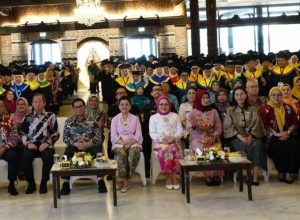
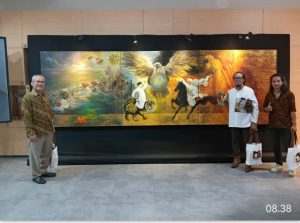
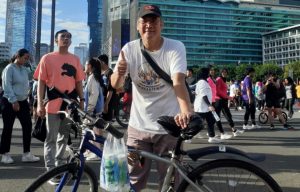
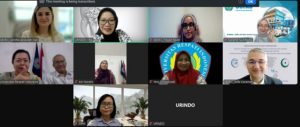







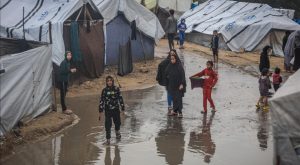




 Mina Indonesia
Mina Indonesia Mina Arabic
Mina Arabic